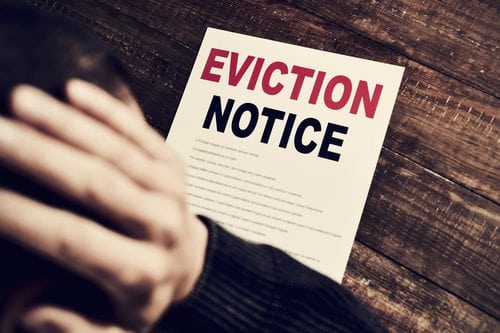Landlords must have written notice to tenants before eviction. There are three primary reasons why a tenant may receive a written notice to vacate when a landlord intends to evict them. The most common is failing to pay rent. The tenant must be given a written notice before he or she can be evicted in Florida. The tenant has to be given three days to pay rent or to leave the premises.
This three day timeframe does not include holidays, the day the notice is given or weekends. If the tenant intends to pay rent in full within that time the landlord must accept it. If the amount provided to the landlord is less than the total amount owed the landlord doesn’t have to take it. The second common reason for providing written notice to vacate has to do with breaking the terms in the lease. A landlord can evict for breaking the rules of the lease and the tenant must be allowed to cure or fix the problem at least once. The second notice does not give a tenant the opportunity to fix the problem.
Furthermore in more serious cases, landlords can send a seven day notice without any chance to fix the problem. This includes situations in which the tenant has destroyed, damaged, or incorrectly used the property. The final reason why a Florida landlord will send a written notice to vacate is ending a lease. A written lease without an end date or no written lease means that the tenant can end the lease at any time and can do so without giving the landlord proper notice. In a month to month lease notice has to be given at least 15 days before rent is due. Consulting with an experienced landlord/tenant lawyer is strongly recommended for any landlord who owns even one property.
A landlord can lose out on a lot of time and possible rent if he or she tries to get around the law using self-help eviction. If you’re in a difficult situation with a tenant, it’s recommended that you talk through your options with your lawyer directly. This helps to avoid mistakes.

